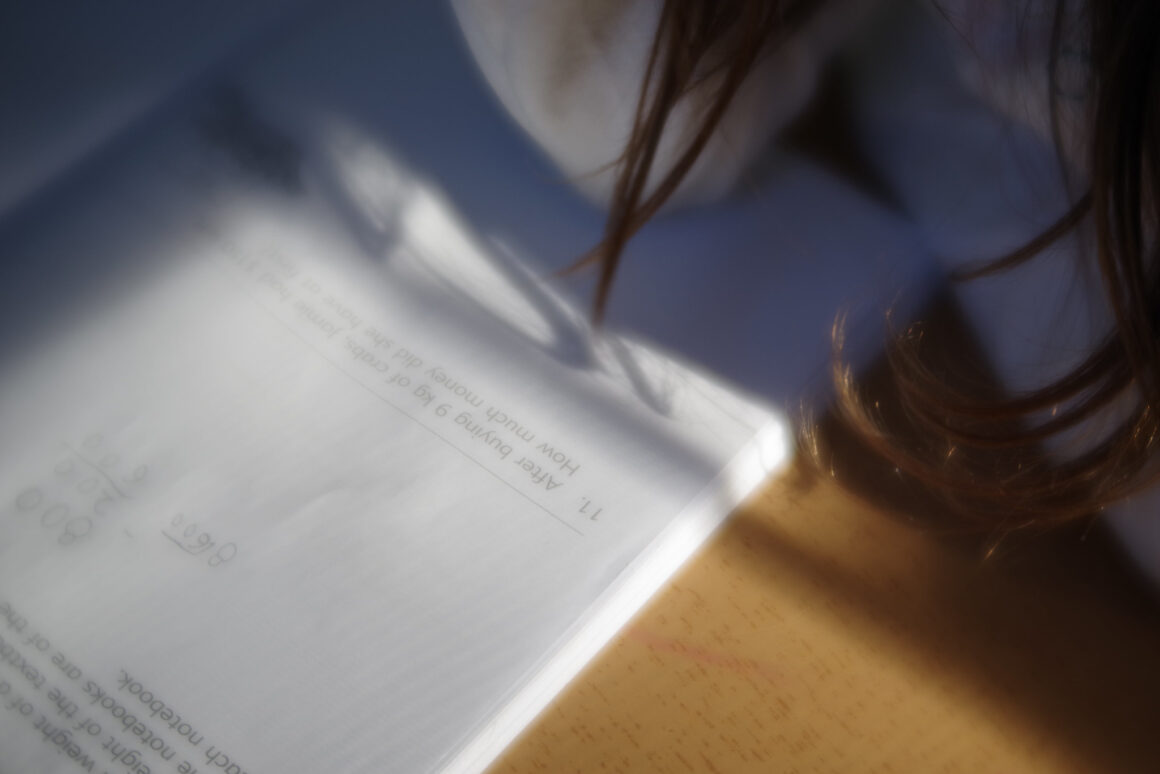
Those Damn Questions
I realized today that questions make people uncomfortable, and the askers of those questions are not so great, either. I don’t know, however, if I should call it a breakthrough. Maybe it’d be better characterized as a memory.
Do you recall when you were in school, dying for the bell to ring so you could get on with your life? If your teacher were like the one I had for U.S. history, he’d wrap up his lecture maybe five minutes before the bell rang and just shoot the shit with these teens he obviously enjoyed spending time with. What would happen, though, if—as he was wrapping up—he asked, “Anyone got any questions?” and that classmate—you know the one—just had to raise his hand and keep the lesson going for another five minutes, if not more? You assuredly had more than one teacher who used to say, “There are no stupid questions.” Whenever I heard that, I’d think to myself: wrong. The kids I went to school with asked plenty of stupid questions.
I tried to do better. It’s not that I never raised my hand and participated. I did that all the time, and it often included a query or two, but I was careful in class to ask about things that had other students scratching their heads, too. You know, something like, “Are you planning on giving us a quiz tomorrow?” Otherwise, if the confusion seemed to be my own unique burden, I’d go up to the teacher’s desk after class or after school and get things ironed out.
It used to bug me when some character in a story would go on a long trek to ask the wise-man-on-the-mountain-type, “What is the secret of life?” and the sage would reply with a question of his own. I’d roll my eyes and probably say out loud, “Just answer the question!”
At some point along the line, though, I fell in love with literature that didn’t get wrapped up on the last page with a neat little bow. I started to lose patience with easy books. Yes, sometimes all you want is an escape, something that doesn’t make you work for it, but books like that don’t carry over into your life for weeks or years.
This new appreciation for questions led me to ask about books I was not supposed to be interested in. After all, I was “an English major.” I was supposed to read things like Jane Eyre, Pride and Prejudice, Shakespeare, and maybe even a little William Blake. What was I doing with books on art, Germans who helped Jews during World War II, the thoughts of a Native American writer of the late twentieth century, weather, philosophy, viruses, communication, electricity and its healing effects on the body, an army general’s exhortations against war, papal encyclicals, a not-terribly-famous singer named Tori Amos, the history of Britain when it was a province of Imperial Rome and after it was abandoned by the empire, Stoicism, mimetic desire, bugs and toads and other critters, lives of the saints, enzymes, the deal-making skills of a billionaire, the healing and communicative properties of plants, forest bathing (yes, forest bathing), life coaching, beauty, propaganda, corruption in the US Department of Justice, mind control, ancient civilizations and the myths that kept chaos at bay and kings in control, marketing, and the history of the Catholic Church.
It seems as though most people don’t like questions. They want answers, and it doesn’t really matter if they’re the right answers, as long as they’re the right answers for now. Why do the “normies” disparagingly call us information collectors “conspiracy theorists”? Well, yes, because the CIA trained them to do it (pride is so easy to manipulate; I came across this line from Graham Greene in Our Man in Havana and love it: “Sometimes it seemed easier to run the risk of death than ridicule.”), and because accepting easy answers keeps those life-guiding Stories intact. You have questions about locking down the world; insisting that people get injected with experimental concoctions to keep their jobs; biolabs, human trafficking, and US funded corruption in Ukraine? What is your problem? It’s about keeping people safe, stupid!
So, my list of unpopular/threatening stuff has grown. I’ve now got:
- Honesty
- Emotions
- Conflict
- Questions




